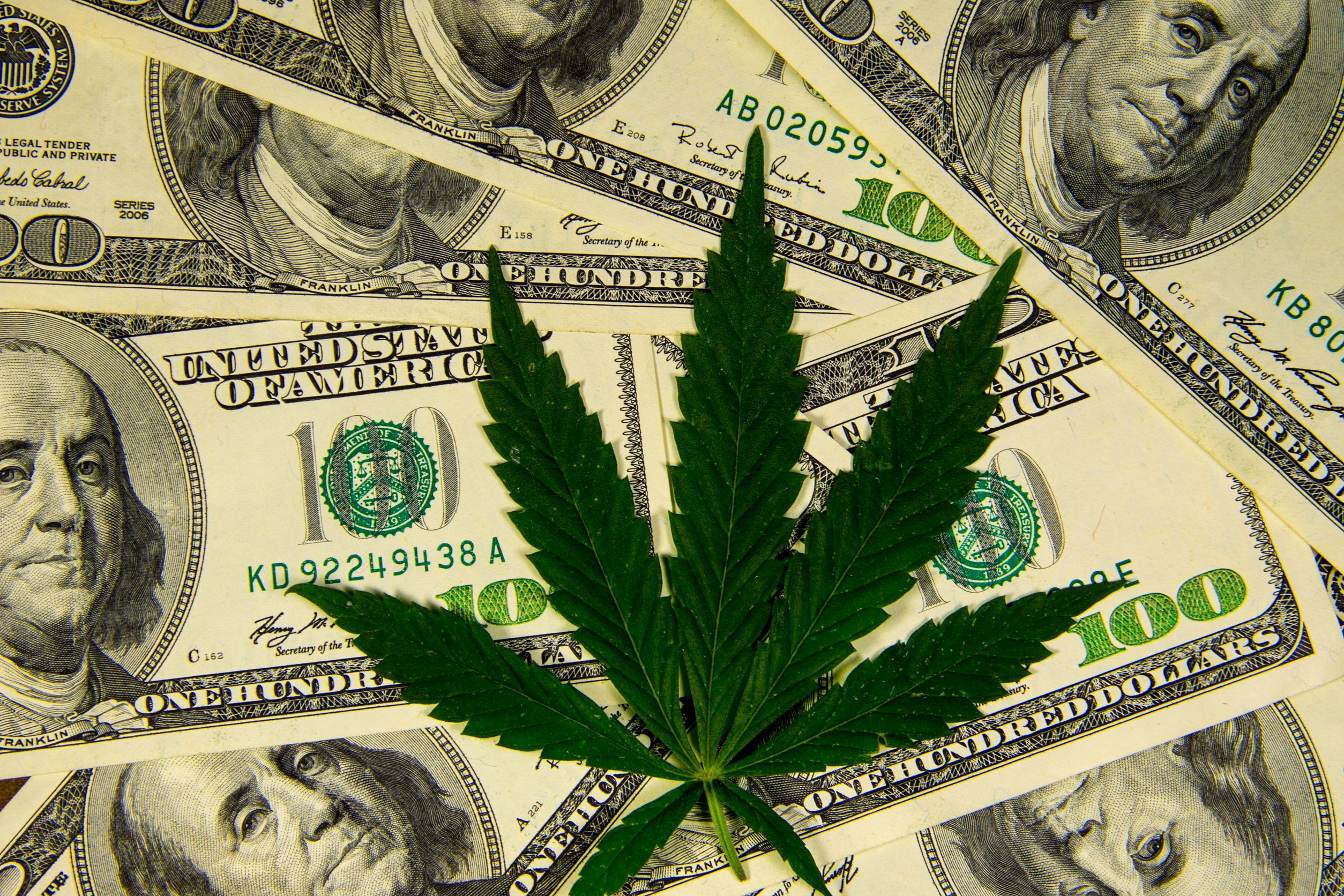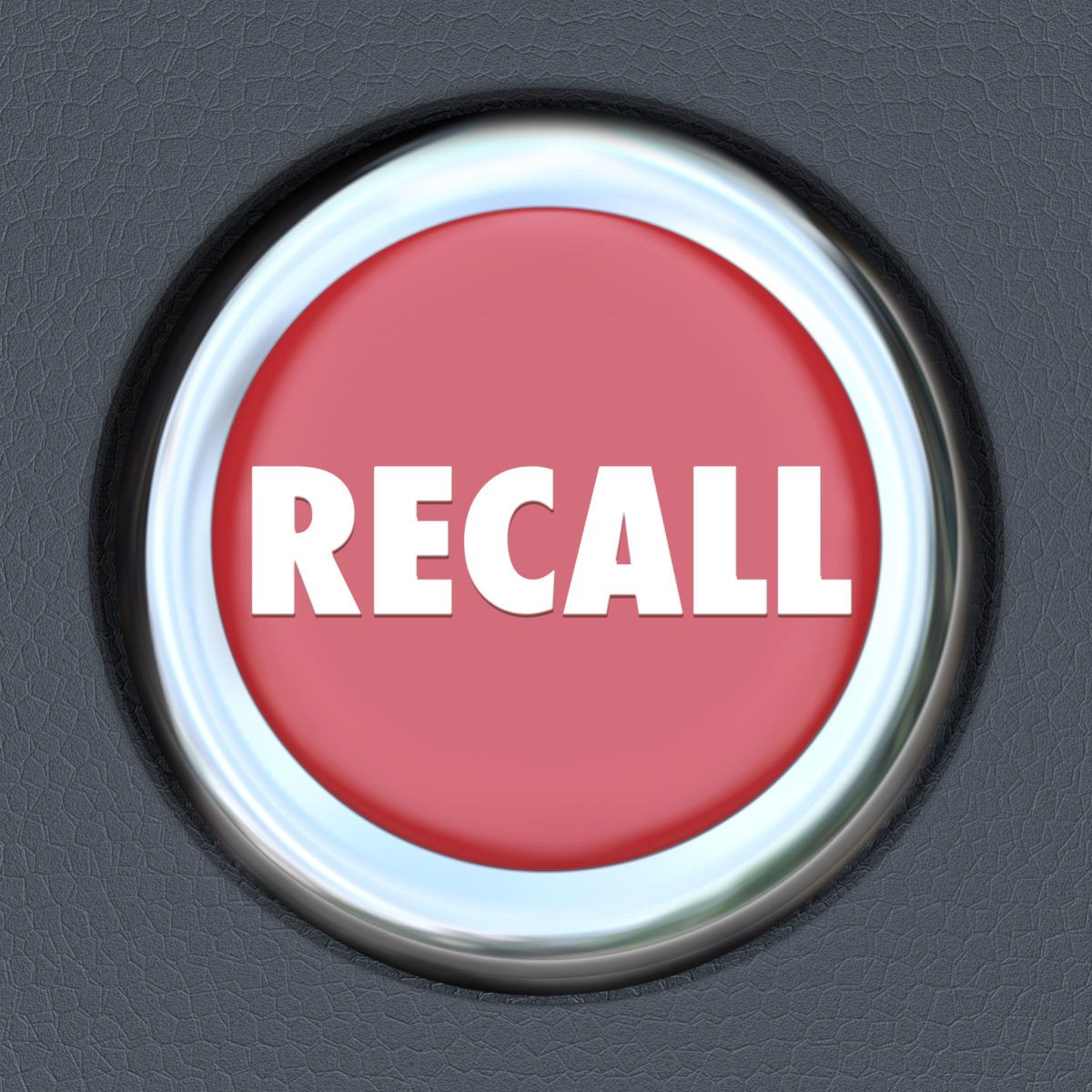National & International News Developments
By Roger Fillion
Sessions Revokes Protections for States With Legal Marijuana Industries
Attorney General Jeff Sessions ripped up an Obama-era policy that paved the way for legalized marijuana to flourish in states across the country.
The move by President Donald Trump’s top law-enforcement official will likely add to confusion about whether it’s OK to grow, buy or use marijuana in states where it is legal, since long-standing federal law prohibits it.
The Obama administration in 2013 announced it would not stand in the way of states that legalize marijuana, so long as officials acted to keep it from migrating to places where it remained outlawed and out of the hands of criminal gangs and children.
The memo, written by then-Deputy Attorney General James M. Cole, cleared up some of the uncertainty about how the federal government would respond as states began allowing sales for recreational and medical purposes.
World Health Organization Gives CBD Initial Boost, Plans to Look at Cannabis Overall
Cannabis got a big boost from international authorities when the United Nations’ World Health Organization said CBD should not be scheduled as a controlled substance, an initial finding that comes after the agency reviewed cannabidiol therapies. The WHO also said it wants to take a closer look at cannabis overall. And it scheduled a May review of “cannabis and cannabis related substances.”
Recommendations from the WHO don’t carry the force of law. But they are important guideposts for health authorities worldwide, and the agency’s evaluation of new drug therapies carry big consequences for drug makers and patients.
The WHO’s initial decision on CBD said the drug “is not likely to be abused or create dependence” and has “some therapeutic value for seizures due to epilepsy and related conditions.” The WHO postponed a final decision on CBD until the “Special Session on Cannabis” by its Expert Committee on Drug Dependence in May.
New Data Puts Size of Canada’s Marijuana Industry on Par With Wine
Canadians spent almost the same amount of money on black-market cannabis in 2015 as they did on wine, according to a new estimate by Statistics Canada, indicating the legalized marijuana sector could give the country’s alcohol industry a run for its money come legalization in mid-2018.
The country’s underground cannabis market in 2015 was worth as much as $4.8 billion (CA$6.2 billion), or roughly 90% of the size of the Canadian wine market and two-thirds of the beer market, the country’s statistics agency reported.
Economists have warned alcohol makers that the legalization of marijuana could sap at least $128 million (CA$160 million) out of their industry, and cannabis producers are bracing for competition.
State News Developments
Alaska
In an unprecedented move, the state’s marijuana control agency revoked the license of a cannabis edibles manufacturer accused of selling moldy products. The Alcohol and Marijuana Control Office board voted unanimously to revoke the license of Fairbanks-based Frozen Budz and to fine the company $500,000. The company’s products were seized from retailers.
Arkansas
Winners of medical marijuana cultivation licenses are scheduled to be announced Feb. 27. The state’s Medical Marijuana Commission began reviewing the 95 applications for the five available grow licenses. The marijuana commissioners gave themselves a Feb. 20 deadline to score the applications. Winners will be announced at a public meeting the following week. Grow license winners will pay a $100,000 license fee.
California
The world’s largest adult-use marijuana market opened for business Jan. 1. From a shop in Santa Cruz that hung a banner proclaiming “Prohibition is Over!” to one in San Diego handing out T-shirts showing the first moon landing and declaring a “giant leap for mankind,” the Golden State turned a shade greener with its first sales of recreational marijuana. Marijuana Business Daily estimates California’s recreational industry could generate at least $4 billion in annual retail sales in several years.
Colorado
Ten employees of a legal Colorado marijuana retail chain shut down by Denver authorities face charges for allegedly selling too much cannabis in repeated sales to the same people. Sweet Leaf is one of the state’s largest marijuana retail chains. Police raided the company’s stores Dec. 14, suspending all 26 of the vertically integrated business’ licenses and closing its Denver shops. Denver District Attorney Beth McCann said five Sweet Leaf budtenders were charged with felony distribution of marijuana and five were charged with misdemeanors.
Delaware
The state is making progress toward legalizing recreational marijuana through legislation, according to a leading cannabis advocate. The Adult Use Cannabis Task Force, formed after a July 2017 resolution by the General Assembly, has met regularly to study rec legalization. “Progress is definitely being made, and we are one step closer to legalization,” said Zoe Patchell, president of the Delaware Cannabis Advocacy Network. She has attended all the panel’s meetings. The task force is mandated to release a detailed report by Aug. 18.
Florida
It appears that efforts to legalize recreational cannabis will have to wait until at least 2020. Two campaigns gathering the 766,000 voter signatures needed to place initiatives on the November 2018 ballot said they won’t make that threshold. That means there likely won’t be a rec ballot measure for voters to consider this year. The deadline for the two campaigns to submit their petitions is Feb. 1. But as of early January, the two groups – Regulate Florida and Floridians for Freedom – had collected only about 40,000 signatures and 30,000 signatures, respectively.
Hawaii
Hawaii may expend its limited hemp program dramatically in 2018, when lawmakers join policy makers in other states and consider allowing farmers to sell the plant. The state already allows hemp production thanks to a 2016 law permitting limited research plots and seed development. But Hawaii’s hemp farmers aren’t permitted to sell what they grow, and a proposal before lawmakers would change that. If passed, the bill would allow commercial sales of flower, stalks and seeds and, thus, would make Hawaii’s hemp program permanent instead of temporary.
Maryland
More than 35% of those with an ownership stake in a Maryland medical marijuana company – and nearly 60% of those employed by MMJ businesses – are racial minorities, according to preliminary data released by the state’s Medical Cannabis Commission. But some industry watchers believe those numbers don’t tell the whole story and contend that the state failed to adequately ensure racial diversity when licensing MMJ businesses. Four years after Maryland legalized medical cannabis, sales through licensed dispensaries finally began in early December.
Massachusetts
The state took another step toward a legalized recreational marijuana industry. The Cannabis Control Commission approved a wide-ranging set of draft regulations, though the rules are not final. The rules are subject to public hearings, and some revisions are possible before the business licensing process begins. Regulators face a July 1 deadline for the launch of adult-use sales.
Michigan
Opponents of recreational marijuana legalization have formed two resistance campaigns to a ballot measure likely to go before state voters this year. The pro-marijuana campaign submitted signatures in November to make the 2018 ballot. Two notable opponents already are waiting in the wings. Healthy and Productive Michigan, an anti-MJ coalition, announced its formation in late 2017. The Committee to Keep Pot Out of Neighborhoods and Schools was founded last May.
Nevada
The state’s recreational marijuana market remained red hot during the fall, showing few signs of slowing since launching last July. Sales of recreational marijuana hit a record $37.9 million in October – up from $27.7 million in September. Under Nevada’s “early start” program, licensed medical marijuana dispensaries were allowed to begin selling adult-use cannabis last July while regulators worked through the recreational licensing process. The initial pace of sales exceeded early totals in other adult-use markets.
New Mexico
New Mexico saw a 77% increase in registered medical marijuana patients last year, giving the state’s dispensaries a significantly larger pool from which to attract customers. The state’s registered patients totaled 45,347 as of Nov. 30, a net gain of 19,650 over the previous year. It was New Mexico’s largest increase in patients over a one-year period since the program launched in 2007.
New York
A majority of voters across the state favor legalizing recreational marijuana, according to a poll. Emerson College’s survey showed that 62% of voters support legal cannabis use for anyone 21 and older, while only 28% oppose it. However, in a statewide election in November, New York voters overwhelmingly defeated a proposed constitutional convention that could have paved the way for a 2019 ballot measure on legalizing adult use.
North Dakota
Health officials began gathering public input about proposed medical marijuana rules as the state prepares to launch its MMJ program. State health officials are expected to submit recommendations to the legislative council by Feb. 1. North Dakota voters approved an MMJ program in November 2016, and state lawmakers crafted regulations last year. The governor approved those rules, but medical cannabis sales aren’t expected to begin until late 2018.
Ohio
Regulators announced that 104 applicants had applied for 40 available medical marijuana processor licenses. At least 22 of those applicants are businesses that already secured cultivation licenses. Ohio’s medical marijuana program allows for companies to be vertically integrated and possess retail, cultivation and processing licenses. Processors will be allowed to produce cannabis oil, tinctures, edibles, patches and flower for vaping. Ohio law prohibits smoking cannabis flower. The deadline for the program to be fully functional is Sept. 8.
Oregon
The founder and executive director of a state-licensed cannabis testing lab in Eugene said she was stepping down amid allegations of being a neo-Nazi supporter. Bethany Sherman also planned to sell the OG Analytical testing lab she founded in 2013. Her actions followed allegations by a local antifa group that she and Matthew L. Combs – who also was listed as an owner of OG Analytical – have white nationalist ties. Sherman denied the allegations and said her “only crime is a thought crime.”
Pennsylvania
Hemp production is poised to jump after Gov. Tom Wolf announced plans to increase the number of available hemp licenses by 66% – and the total acreage by even more. Wolf said Pennsylvania’s first year in the modern hemp market, 2017, was a “learning experience.” Pennsylvania authorized hemp in 2016, with the first crop going in the ground last year. Pennsylvania will offer 50 hemp licenses in 2018, up from 30 last year. And hemp acreage on each application can go from 5 acres to 100 acres.
Rhode Island
Both the number of hopeful medical cannabis cultivators and registered patients have shot up over the past year, yet another indication of the continuing growth for MMJ businesses in even some of the nation’s smallest markets. According to the Providence Journal, Rhode Island has 18 licensed MMJ growers, and an additional 93 are in various stages of obtaining a permit to cultivate. The newspaper also reported that the state’s three dispensaries were serving 19,161 registered MMJ patients, which represented a 17% increase over the previous year.
Washington state
Marijuana businesses won’t have a government-run, seed-to-sale tracking program until at least February, causing industry insiders to worry that the prolonged delay could lead to diversion and other compliance issues. The state’s Liquor and Cannabis Board had planned to implement Denver-based MJ Freeway’s Leaf Data Systems on Jan. 1 but instead delayed the target rollout date to Feb. 1. Part of the problem is that only four of the software integrators are ready to work with Leaf Data Systems.
Note: Entries sourced from Marijuana Business Daily and other international, national and local news outlets. These developments occurred before this magazine’s January publication deadline, so some situations may have changed.





